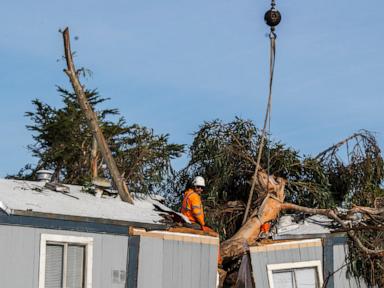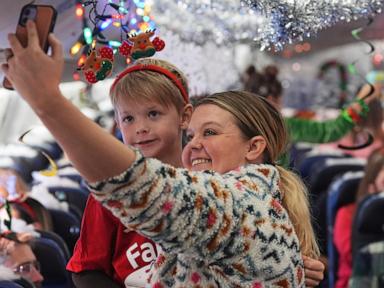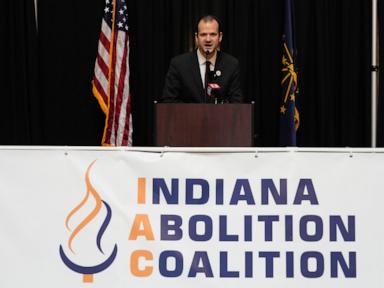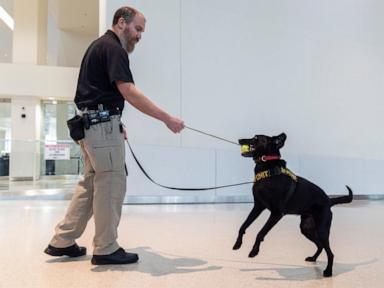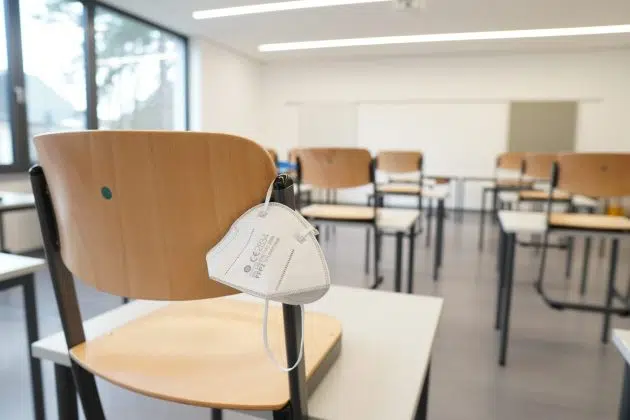(KNSI) – Another school year is starting amid the COVID-19 pandemic, and teachers’ and students’ mental well-being is a big concern for many Minnesota educators.
Dr. Katie Pekel, Principal in Residence in the University of Minnesota’s College of Education and Human Development, says in the university’s spring 2021 Minnesota Safe Learning Survey for teachers, students and family members, teachers said their biggest challenge amid COVID-19 was taking care of their own mental health. The second biggest challenge identified by teachers: supporting their students’ mental health.
“The key findings from that survey have us understanding that educators are highly concerned about mental health, both their own mental health and the mental health of their students that they serve,” Pekel said.
In that same survey, Minnesota students listed “getting help with mental health” as their third-highest challenge during the 2020-2021 school year. Their top two concerns were keeping up with schoolwork and understanding what they were learning.
“One of the other key findings was that educators, families and students agreed that some learning did take place during the 2020-21 school year,” Pekel said. “Now, they all reported that it was not at the same levels as pre-pandemic, which does not come as a huge surprise.
“Classroom teachers are pretty well-equipped to respond to the academic needs of students,” Pekel continued. “Their specialty is not mental health; they’re not necessarily trained to help large numbers of students navigate issues of mental health. This does not mean teachers don’t care or they’re not being supportive. I think that teachers are overwhelmed about the fact that how are they going to address both the academic gaps, while at the same time knowing that there’s many mental health concerns?”
One issue, Pekel said, is that Minnesota’s student-to-school-counselor ratio is one of the lowest in the nation. According to a 2019 report from the American School Counselor Association, there is one school counselor per every 659 K-12 students in Minnesota. The national counselor-to-student ratio is 455-to-1.
“I think the takeaway [from the survey] is schools and school districts are going to have to be really thoughtful about how they help support the mental health needs of students,” Pekel said. “Because we can’t ask teachers to help both catch kids up academically and be responsible for the mental health needs at the same time.”
Denise Specht, president of Education Minnesota, agrees.
“Without more staff being hired in a school to really address the needs of our students, from a mental health perspective, we’ve got students whose needs are going unmet,” Specht said. “That impacts the classroom teacher as well.”
Specht says a myriad number of issues have been causing Minnesota’s teachers to leave the profession, like high workloads and low pay combined with student loan debt from college. The COVID-19 pandemic isn’t helping.
“The stressors that educators felt last year largely were around the constant changing of the format in which school had to be delivered,” Pekel said. “Through no fault of anyone’s, but the fact that sometimes they were distance learning, sometimes they were in hybrid, sometimes they were in person — that continual change throughout the academic year was really stressful for educators.”
In the 2020-2021 school year, a mask mandate in some form was in place for the entire state of Minnesota, and through the state’s Safe Learning Plan, school districts received guidance on COVID-19 safety measures and protocols. This year, without a peacetime emergency declaration from Gov. Tim Walz, the decision on whether or not to have a mask mandate is up to each local district or school board.
“I think that has created a lot of anxiety in many educators’ minds because that has been so politicized,” Specht said. “And, it’s not consistent, depending on where you’re at. We see a lot of differences in protocols and mandates that are being enforced right now, so it’s a scary time and a confusing time.”
Just in the St. Cloud area, two districts — the St. Cloud Area School District and the Sartell-St. Stephen School District — are requiring that face masks be worn by everyone, vaccinated or not, inside school buildings. Meanwhile, the ROCORI and Sauk Rapids-Rice school districts are not requiring masks, and at Catholic Community Schools, “face coverings will be optional but strongly recommended of employees, students, and visitors of Catholic Community Schools as long as schools do not exceed a 5% COVID-19 infection rate of the total school population within a 14-day rolling average time period, at which point temporary universal face covering will likely be required,” according to the schools’ COVID-19 opening guidelines.
“This is the third academic year for educators and students in the state of Minnesota that has been affected by COVID-19. That’s a lot,” Specht said. “With variants, knowing that so many children don’t qualify for the vaccine right now, the fact that safety protocols are not apparent or as firmly in place as they would like, just a lot of unknowns — and, quite frankly, a lot of angry people out in the public — I can honestly say that this is a very stressful year already.”
Specht says if parents and community members want to help teachers’ mental well-being, reach out to them.
“Reach out to your school and the educators in your school system to find out what they need,” Specht said. “Parents, in particular, are part of the team; educating students requires a lot of people on that team. So, when parents and community members are working together with educators in a school district, we just get better outcomes.”
Specht adds that Education Minnesota has been connecting educators to some support systems to help teachers with their mental health and emotional well-being.
Pekel says the relationships that teachers build with their students in the first few weeks of class will be important for teachers’ and students’ mental health, so school leaders should make sure teachers have the time and space to make those connections.
“I think we need to help parents remember that teachers are humans and they lived through the same very stressful pandemic that we did as parents,” Pekel adds. “Many of them are parents themselves. We need to give teachers some grace and also trust in their professionalism that they do have a sense of what kids need.”
